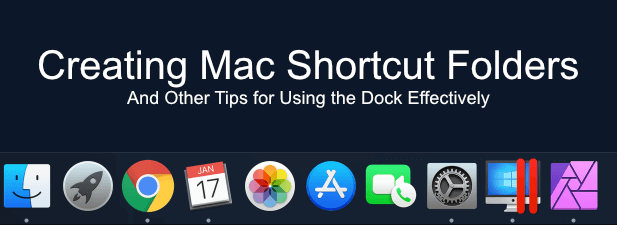How To Close Apps On Taskbar On Mac
- (In case you’re wondering, recent apps, documents, and servers are still available in Recent Items.) If you don’t want recent apps to appear in the Dock, here’s how to turn it off.
- The fastest way to close all running programs in Windows. With just a handful of keystrokes you can shut down all active apps on your system via Task Manager's Programs tab. Plus: power off your.
- How To Hide Windows 10 Taskbar
- How To Close Apps On Taskbar On Macbook
- How To Close Apps On Taskbar On Macbook Air
- How To Close Apps On Taskbar On Mac Os
To quit (close) a Mac app normally, choose Quit from the app's menu in the menu bar, or press Command (⌘)-Q. If the app doesn't quit, follow these steps to force the app to quit. How to force an app to quit Press these three keys together: Option, Command, and Esc (Escape). If you need to frequently move the Mac Dock location around the screen for some reason, using this key press method is probably the better option because it’s so fast: Hold down the SHIFT key and grab the Dock’s handle bar, which separates the app icons from the folder icons and Trash, then drag the Dock to the Left, Right, or Bottom of the.
Activity Monitor User Guide
You can use Activity Monitor to quit a process, even if it’s in a loop or not responding. You can also send a signal to a process to terminate it. If you attempt to quit a process you don’t own, you may be required to authenticate as an administrator.
In the Activity Monitor app on your Mac, under the Process Name list, select the app or process you want to quit. An unresponsive process is marked with (Not Responding).
Note: The Process Name list is not available in the Cache page.
Click the Stop button in the upper-left corner of the Activity Monitor window (or use the Touch Bar).
Choose one of the following options:
Quit: This is the same as choosing File > Quit within an app. The process quits when it’s safe to do so. If quitting the process could cause data loss or interfere with another app, the process doesn’t quit.
Force Quit: The process quits immediately. If the process has files open, you may lose data. If the process is used by other apps or processes, those apps or processes could experience problems.
To see if a process is used by another process, choose View > All Processes, Hierarchically.
To send a signal to a process, select it in the process list, choose View > Send Signal to Process, choose a signal from the pop-up menu, then click Send.
How To Hide Windows 10 Taskbar
To quit (close) a Mac app normally, choose Quit from the app's menu in the menu bar, or press Command (⌘)-Q. If the app doesn't quit, follow these steps to force the app to quit.
How to force an app to quit
Press these three keys together: Option, Command, and Esc (Escape). Or choose Force Quit from the Apple menu in the upper-left corner of your screen. (This is similar to pressing Control-Alt-Delete on a PC.)
Then select the app in the Force Quit window and click Force Quit.

How To Close Apps On Taskbar On Macbook

How To Close Apps On Taskbar On Macbook Air
You can even force the Finder to quit, if it stops responding: Select Finder in the Force Quit window, then click Relaunch.
Learn more
How To Close Apps On Taskbar On Mac Os
How to force an app to close on your iPhone, iPad, or iPod touch.
